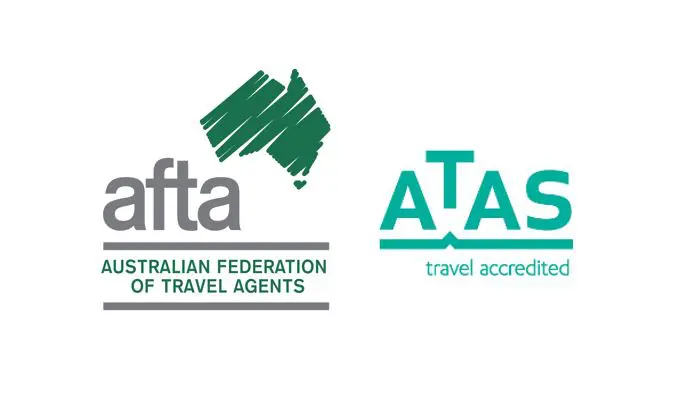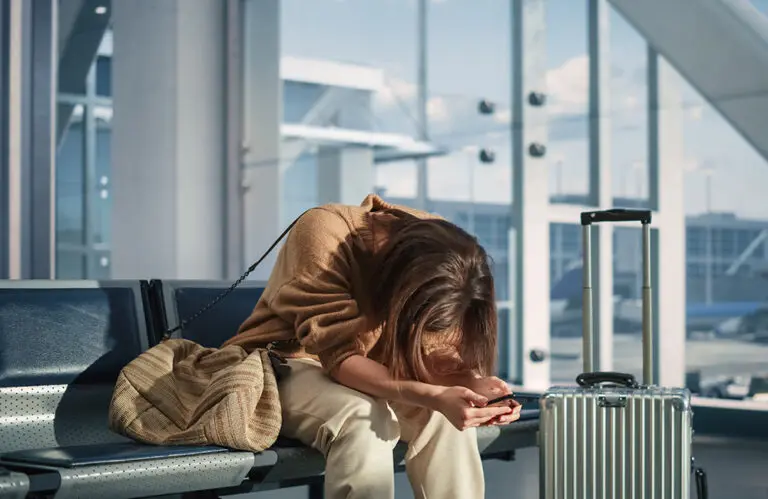I along with many of the travel industry community was surprised and saddened to read Australian Federation of Travel Agents (AFTA) Accreditation, Marketing and Communications Manager Jo Tralaggan’s comments, that the “Industry needs to get in tune with consumers.”
This comment was part of Ms Tralaggan’s speech at the recently held inaugural ‘TedX style’ ideas and strategy event, Travel DAZE.
The one-day event was marketed as featuring a high caliber of local and international speakers aimed at challenging the status quo in an ever-changing market.
I am completely supportive of challenging the status quo but as a passionate industry and consumer advocate, to read Ms Tralaggan’s comments that the industry needs to get in tune with consumers, is patronizing and indicates a lack of understanding of how a travel agent operates their business.
It is Ms Tralaggan’s comment “The most obvious struggle was to look from the perception of the consumer and to understand how consumers perceive and experience travel,” that concerns me the most.
What AFTA fails to recognize is that understanding the customer is the most important asset for any business, so to suggest that travel agents don’t know and are not delivering to their customers’ needs could not be further from the truth. This statement is arrogant and positions itself superior to the industry and its members who it is supposed to represent.
I agree with Ms Tralaggan’s sentiments that “Consumers feel more confident when they are dealing with a business that has a certificate or some sort of accreditation” but only if that accreditation delivers tangible value and surety for the consumer.
Unfortunately this has not been the case for many consumers who have experienced monetary loss due to recent travel agency collapses. Whilst the majority of these travel agency collapses were not ATAS accredited, the fact remains there were two agencies that were ATAS accredited.
I also question Ms Tralaggan’s observation that the Australian travel industry came from a “compensation mindset” and “As a result, in ATAS first year we observed that some industry members struggled with the change”.
“It wasn’t “the change” industry members struggled with but the reasons given for the change, the late advice about ATAS Participant Insolvency Insurance together with its cost and most importantly the governments’ failure to ensure an effective alternative form of consumer protection was in place before abandoning the TCF. This was at a time when the State Governments were holding about $34 million in funds contributed by the travel agency community and through deregulation delivered an accreditation scheme inferior from both consumer and industry perspectives to what had previously existed.
My company, TravelManagers has been an advocate for security of consumer funds to be included as part of the ATAS which Ms Tralaggan mentions in her speech.
“AFTA’s focus has been on marketing the accreditation scheme and its members as ‘trusted, expert, professional and reputable’ in order to tap into that need for certainty on the part of the consumer. However, critics have continued to push for some form of compensation to be tied to the scheme”.
I continue to question why AFTA believes an ATAS component protecting consumer funds does not add to providing validity and assurances to consumers that its members are trusted, expert, professional and reputable.
I’m sure the hundreds of customers out of pocket due to recent travel agency collapses would wholeheartedly support consumer protection being part of the accreditation, and if this was a point of differentiation between accredited and non-accredited agents consumer would then actively seek out an accredited travel agent.
I am also extremely wary and question the validity of Ms Tralaggan’s claim that “Despite a number of high profile agency collapses in the last 18 months, most recently that of Value World Travel, Tralaggan was adamant that the industry’s reputation has emerged unscathed, an assertion Ms Tralaggan based on the numbers.”
To say that the industry’s reputation has been unscathed, according to AFTA’s research is an extremely dangerous and potentially detrimental view, particular when it is referenced without any explanation of the numbers it refers to. How many customers and potential customers will now book their travel arrangements direct with individual suppliers instead of obtaining the professional advice and benefits a travel agent will provide? The real risk to the travel agency community is that more and more people will lose confidence in travel agents and may opt to book online or directly with suppliers. It will be future bookings that will be affected and particularly when the impact of negative press in the consumer realm starts to become apparent.
Ms Tralaggan is further quoted as saying “Some in the industry would believe that without having compensation for losses when a business goes broke as a cornerstone for the ATAS proposition then the industry is doomed, but that’s not what consumers think and that’s not what our research shows”.
My opinion is that if AFTA is going to rely on research to justify its position, it must be prepared to openly share its research.
It’s inappropriate to make claims without referencing the research findings. If such claims are to be accepted as credible they need to be substantiated at the very least with detailed explanations of the results – when and how was the research conducted, what questions were asked and in what context were they presented, who was commissioned to undertake it and how many consumers responded together with responder demographics.
There is a disconnect between AFTA’s view of a travel agent and the reality with Tralaggan’s claim that “Agents see themselves as advocates, as someone who will always be there at the end of the line to help them out. However research shows for the consumer, the ability to help during the trip is important but is actually secondary to creating that experience”.
We as travel agents all know the immense value we provide our clients in co-creating the most incredible personalized holiday or travel experience, and are definitely much more than just being there at the end of the line to help out. Ask any client who has experienced the service of an agent during a natural disaster or a terrorism impacted disruption, compared to somebody who booked online or direct with an airline, and they will quickly tell you what their agent being there at the end of the line means to them. To also infer that being a consumer advocate is something negative when it’s an absolute necessity, is totally wrong.
I am of the view that Ms Tralaggan’s presentation at Travel DAZE although designed to be thought provoking may have missed the mark.
One has to ask though, is this the way to engage, illicit support and show respect to your members? I wouldn’t have thought so.









